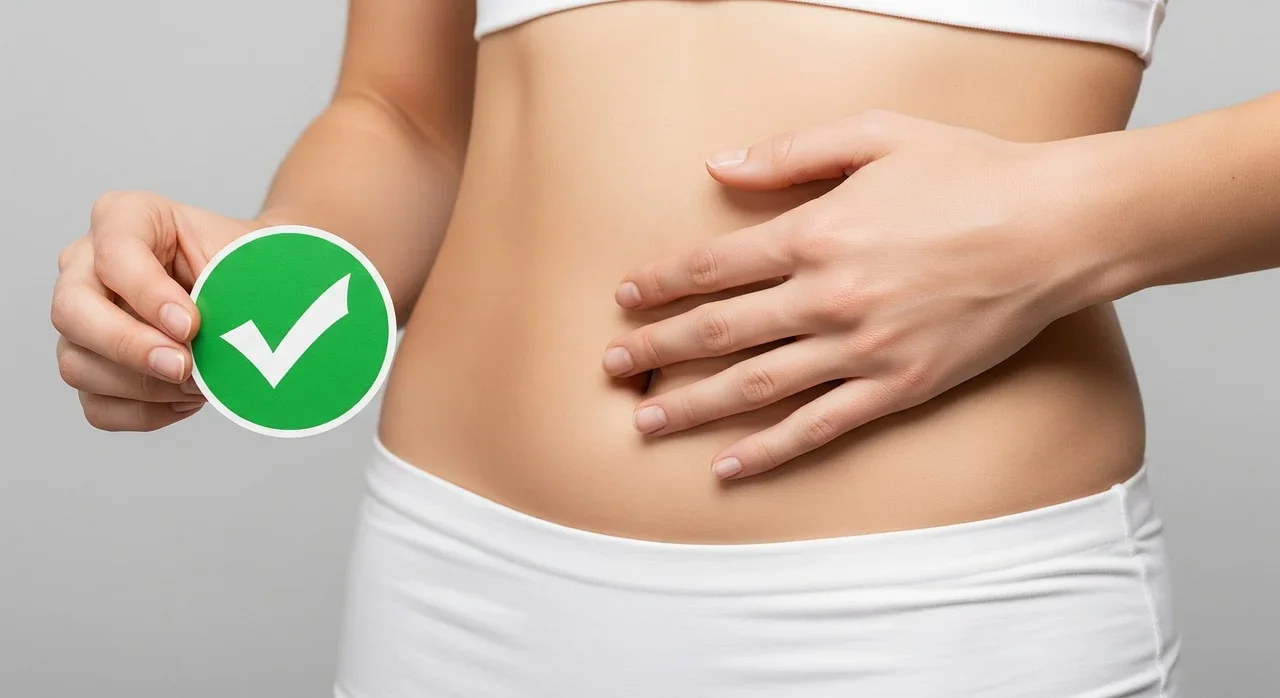Restoring your gut : A Chinese Medicine perspective on Digestive Health
Acupuncture support for digestive health in Bayside Sandringham
Modern life can be demanding! We’re often rushing between work and family commitments, grabbing a snack on the go (if at all!), meaning that our digestive health can often take a back seat. Many women I see in my Sandringham clinic describe feeling bloated, sluggish or uncomfortable after eating. Others notice their energy falls off a cliff in the afternoon, or that their mood and sleep are impacted when their digestion feels ‘off’.
In Chinese Medicine, the digestive system is central to overall health. So when our digestion is functioning smoothly, we absorb nourishment effectively, our energy levels are stable and our mind feels grounded. When it is out of balance however, we can experience symptoms such as:
Bloating
Nausea or vomiting
Abdominal discomfort or pain
Indigestion, heartburn or reflux
Diarrhoea or constipation
Fatigue after eating
Poor appetite or sugar cravings
Brain fog
Low mood
These are common signs that the body’s internal harmony needs some gentle support. In Chinese Medicine, we do this by encouraging the body’s Qi (vital energy), Blood and body fluids, back into a state of balance.
Understanding digestion from a Chinese Medicine perspective
Chinese Medicine views the digestive system as being primarily governed by the Spleen and Stomach. In an ideal world, these organs work harmoniously together to transform food and fluids into Qi. Qi being the force which underpins all processes in the body, and ultimately our physical, spiritual, emotional and mental health. As you can imagine, stress, irregular eating patterns, overwork, eating whilst working, rumination and emotional strain, can all weaken this system, leading to stagnation or deficiency.
Unlike a one-size-fits-all approach, Traditional Chinese Medicine aims to identify the underlying pattern unique to each person. For some, it may involve stoking the digestive fire, whilst for others, calming an overactive Spleen or easing tension in the Liver, to allow free flow and reduce abdominal discomfort. Acupuncture and Chinese Herbal Medicine are effective tools in restoring this digestive balance.
What to expect in a Consultation
A typical appointment in my home clinic in Sandringham begins with a conversation. I take time to listen, to understand your digestive concerns, including symptoms, diet, stress levels and lifestyle. Gentle observation methods, such as tongue and pulse diagnosis, help guide a personalised treatment plan.
Treatment may include Acupuncture, Chinese Herbal Medicine, Cupping, Gua Sha, Massage or a combination of these. I may also make dietary and lifestyle recommendations such as mindful eating, rest, stress relief measures and dietary adjustments aligned with your body’s needs.
Many patients describe feeling deeply relaxed during and after an Acupuncture session (many dozing off for an acu-nap!) with benefits to not only their digestion, but energy and mood over time too. And who doesn’t need that?
Supporting ongoing wellness
In Chinese Medicine, health is a dynamic balancing act. Once the initial imbalances are addressed, maintenance care can help support ongoing digestive harmony, particularly during times of stress or seasonal change.
Creating space to slow down, nourish yourself and restore your body’s natural rhythm is an act of self-care. My clinic is designed as a calming, nurturing space, where women can reconnect with their bodies and restore equilibrium from within.
Are you ready to begin your journey to better digestion?
If you’d like to explore how Acupuncture and Chinese Medicine may support your digestive wellbeing, you can learn more or make an appointment at www.embracecm.com.au/bookings. Appointments are available weekdays, evenings and Saturdays in my Sandringham clinic, supporting our Bayside Melbourne community.
Yours in good health,
Nikki
Photo thanks to thelogocraft_ai

